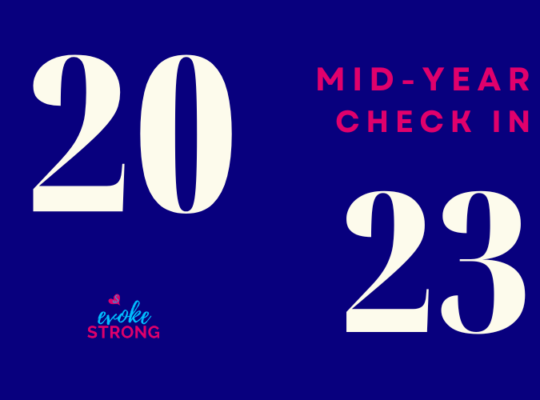“Everything we do comes either from love or from fear” Michael Arloski, Phd, Wellness Coaching for Lifestyle Change
What drives you to change? A lifestyle change where you’re well and thriving. You’re doing things aligned with your values and gives you joy. For some, fear is a motivating force. The fear of the possibility of chronic illness discovered after a routine physical exam. Perhaps an unexpected incident happens like collapsing on the floor overcome by the stress you’ve been dealing with for years. Or you’re constantly sick, fearing you’ll get fired from your job or unable to run your business. These types of circumstances can lead people to re-examine their lifestyle and come to terms with making changes to improve their health and well-being.
While fear might jumpstart you to make healthier choices, the motivation to continue fades away. Because fear is as an extrinsic motivator – one that comes from an external source and is temporary.
“Long term behavior change does not reliability result from FORCE, FACTS, or FEAR.” Prof Christina Lombardo, MA, NBC-HWC, MCC, PCHWC, BCC, CPCC
Turn to Love for Lasting Change
Love for others. Think of your loved ones affected by your current lifestyle. Is it your kids? Your spouse? Your friends and family? In an interview with Chrissy Waunsch on Health Transformation Stories FB show, her love for her husband, kids and grandkids intensified her desire for a healthier lifestyle. Initially, she was driven by the fear of being in the same circumstance as her mom who passed at the young age of 52. However, today she has come up with the vision of going surfing with her grandkids when she’s 90!
Love of Self. In my private facebook group, Lifestyle Change with Evoke STRONG, I started a series of posts about Michael Arloski’s 10 Tenets of Wellness. The second tenet states “Self-esteem is a critical factor for change.” With this idea in mind, I invited everyone in the group to pay attention to their self-talk – whether they convey negative messages. Perhaps you have work to do from within before you are ready to move forward. Something is holding you back that’s preventing you from wanting to feel good about yourself.
Self-compassion also comes to mind when we are looking to make lasting changes. This is a concept I learned from a Coaching Psychology class specific to Dr. Kristin Neff’s research and teachings. Self-compassion is three-fold with first mindfully accepting your negative emotions, understanding you’re not alone through your suffering with sharing a connection to others who suffer, and being kind to yourself. Since it’s inevitable your wellness journey will have its set of challenges, having self-compassion helps you to overcome them and to progress forward.
Need help with discovering your true motivation?
I have a free guide to help you find your inner motivation and more! It also helps you discover your values and strengths that you can tap into when you are making a lifestyle change. Grab the guide here: WELLNESS VISION GUIDE









Ahhhh this is good!! Never realized that fear seems to be a common driving force for health. When that is the case the changes never stick around.. I get why now!
Thanks Nicole! When we are fearful of being pulled away from the things we value due to health problems, I think people are more open to change. However, it has to be much more than fear for the changes to stick and become habits. This is where love comes in!
Thanks so much! This is really thought provoking. Something I really needed!
I think it’s definitely important to reflect on what is motivating you to make changes in your life! Love is always a better motivator.
[…] life, she was afraid she would follow the same path. Not if she could help it. Driven initially by fear of death that translated to love for self and her family, Chrissy forged a new path towards wellness and […]
I had never thought about change in this way! Interesting perspective
I’m glad you found it thought-provoking 🙂